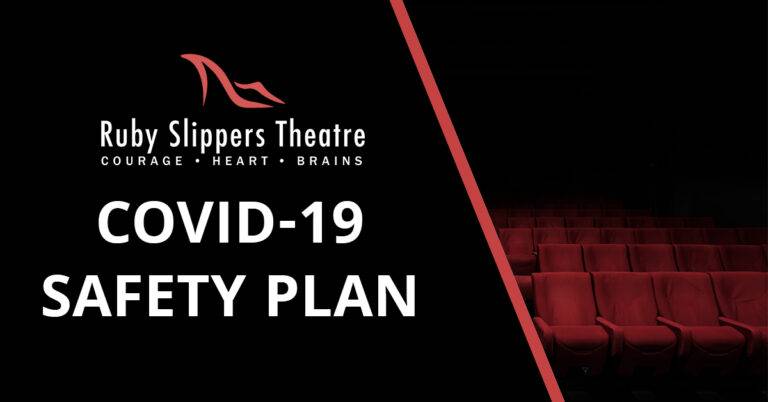As a Syilx, Tsilhqot’in, Ktunaxa and Dakelh woman, I am a guest on the territories of the Xʷməθkwəy̓əm (Musqueam), Sḵwx̱wú7mesh (Squamish), Selilwitulh (Tsleil-Waututh) and Stó:lō peoples. For thousands of years my people travelled down to these territories for trade and inter-Nation work but we came as guests and with a deep respect and understanding of how our presence impacted these Nations.
We didn’t just “acknowledge” the land and people, our presence was responsive and intentions were set upon our arrival and or based on longer trade and travel agreements. There was a complex reverence for our relational engagement with the Nations ontology. It was a relationship based on truth, respect, knowledge and humility for one another and our original Mother.
As I take up a more permanent occupancy on these Nations territories, I have gone through some ceremony to be an invited guest and some Nation members over the years have invited me to be here but I acknowledge how complex these invitations are. I think about my occupation on these lands on the daily and I ask how can I honour my Ancestors Nation to Nation work and the evolution of our intersections with the coastal Nations.
As an artist and community member who works in Indigenous theatre and in relationship with Canadian theatre, my creation work and the impact on the peoples and land of these territories only becomes more complicated and I’m trying to understand how I can be here with agency and respect.
I cannot just be here, on someone else’s territory and do whatever the fuck I want and believe that’s ethical, respectful and in any way an embodiment of my peoples relational Nation engagement protocols. That kind of presence is colonial, oppressive and anti-Indigenous.
I hear our community of artists of Settlers, Newcomers and Displanted peoples asking “but what can I do?” and “how can I go beyond a land acknowledgement?”
I am rigorously engaged in my own decolonial work, which for me, is the process of removing entangled systems of tactical oppression to unearth my whole Indigenous self. This work includes a deep investigation into understanding the protocols of my people which go back thousands of years. I have to do that to be here in this moment, representing my people’s values and ways of being.
So, I offer to Settlers and Newcomers to find out what your peoples ways and protocols of inter-Nation work are. What are your values around occupying territories that are not your own.
I believe that is your good work to go and do.
But before that step I think we need to ask ourselves, what has been the barrier for us not already doing this work and reconciling our ignorance? What has prohibited us from deeply knowing who we are, who our people are and how our presence on this land impacts the First Peoples? How have we got to this point and not already done that work?
I was recently at a show opening for an Indigenous play and when Bob Baker, a respected Sḵwx̱wú7mesh leader welcomed us with a song, nobody stood up except for me. I was shocked, in a theatre of over 150 people, Bob invited us into ceremony and onto their territory and gifted us with a song and nobody thought it would be appropriate to stand up? Or look around to try respect or understand protocol?
This is just one recent example of how far off some of us are and I ask is it colonial systems of oppression that have afforded us so much privilege it’s not even in our world view? Is it entrenched racist beliefs which makes us think Indigenous peoples don’t deserve this level of respect? Or is it shame and guilt which leads us to be frozen in our own fear?
This deep personal work requires vulnerability and courage to see who we are and acknowledge not just the land and people’s of these territories but be accountable to our impact on them. We have to know who we are so we can start creating respectful protocols and offers of interaction with a profound understanding of who we as guests we collectively are.
I believe this is where our attention needs exhaustive introspection because we’ve oppressively positioned ourselves as the dominant force and have conditioned ourselves to formulaically assuage our own guilt with these public confessions of illegal occupancy.
My people work within the intentional relational framework and it presences itself in my artistic practice today by resurging that interrelationality embodiment which is reflected in the projects I choose. This is a refusal of colonial creation models and a prioritization of Indigenous continuance.
I am currently working with Quelemia Sparrow, a Xʷməθkwəy̓əm artist on her new work that honours the sacred places and stories of her peoples land. I believe it is my responsibility to assist and support one of the original peoples of this territory. That has to be a part of my work while I’m here. We have to find ways to meaningfully support and create new ways of knowledge sharing and trading with the people of this land in all areas of our artistic practices.
Can you create programming in your theatre that focuses on providing equity to the Indigenous peoples of this land? Can you collaborate with artists and practitioners from this territory? Can you support capacity building of artists and administrators from these Nations? How can you leverage and disseminate your power back to the original caretakers?
We have to honour the peoples whose specific territories we are on which is more specific than just supporting “Indigenous Peoples”. Their work and artistry needs to be prioritized with urgency. I have a lot of ongoing learning to understand the laws and customs, stories, paradigms, histories and present realities of the powerful people whose land I occupy. I have to figure out how I can assist in creating a future led by the Nations here and I’m failing and figuring it out constantly.
This new relationship between the Indigenous peoples, Settlers, Newcomers and Displanted peoples has to constantly be worked on because the peace of the next generations and the health of our Mother earth depends on it.
So, I acknowledge I have work to do, to be in a respectful and truthful relationship with the First Peoples of these lands and it is my intention that I will commit to doing that work and supporting the Coastal Peoples while I occupy their territories. It will cost many things including my time, it will involve my labour and I will prioritize the ways of being of the First Peoples of these Nations.
I am honoured to do that work as you so generously allow me to be here.
With a profound respect for the Xʷməθkwəy̓əm, Sḵwx̱wú7mesh, Selilwitulh and Stó:lō peoples,
From my Ancestors to yours,
Limelet, Sechanalyagh,
Kim Senklip Harvey
A member of the Syilx, Tsilhqot’in, Ktunaxa and Dakelh Nations


